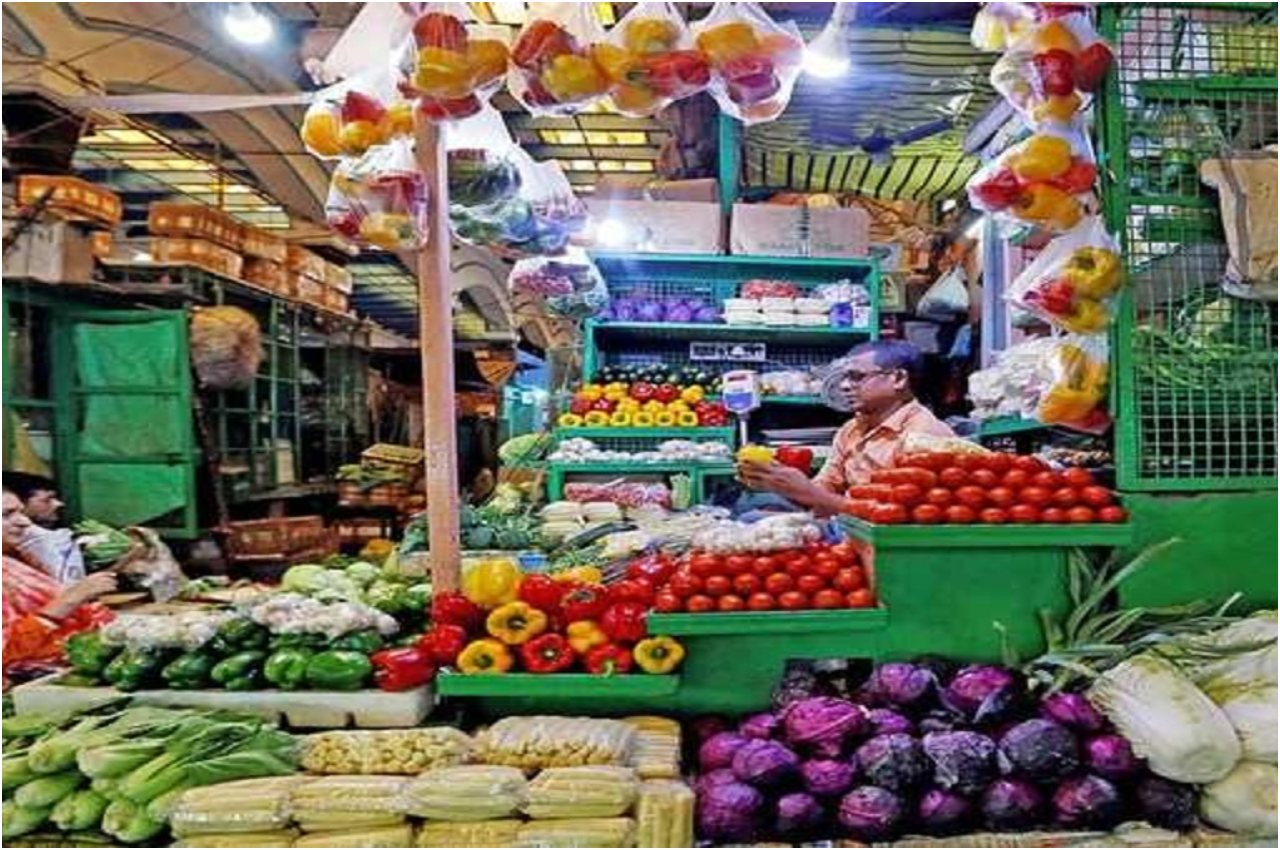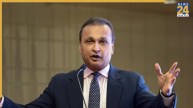New Delhi: Retail inflation fell slightly in July due to lower food and fuel prices, but remained well above the Reserve Bank of India’s upper tolerance limit for the seventh straight month, according to a Reuters poll.
The basket of the consumer price index includes approximately 50% of food prices, which decreased last month. However, the majority of the slowdown was caused by a decline in global prices as well as the lingering effects of government actions to lower import taxes and loosen export limits on wheat.
The forecast for short-term inflation is still quite uncertain because the government’s efforts to rein in consumer price increases may be less effective due to the unevenness of this year’s rainfall and a weak rupee.
Inflation, as measured by the consumer price index (CPI), likely decreased to an annual 6.78% in July, a five-month low, from 7.01% in June, according to a Reuters poll conducted from August 2 to 9 of 48 analysts.
Forecasts for the data, which is coming at 1200 GMT on August 12, ranged from 6.40 to 7.10 percent.
“Food and energy prices are essentially easing quite marginally, even as the rupee hit historic lows in recent weeks,” said Miguel Chanco, chief emerging Asia economist at Pantheon Macroeconomics.
“It (inflation) could remain sticky over the next few months, but it’s not going to be much worse than where we are at currently.”
According to the poll, wholesale price inflation was predicted to moderate to 14.20% in July from 15.18% in June.
Consumer price increases are anticipated to continue at a rapid pace in the months to come, despite the lag impact from a reduction in fuel taxes helping to moderate price pressures considerably.
With future rate increases anticipated, India’s central bank, a relative slacker in the global tightening cycle, increased interest rates by 50 basis points to 5.40 percent on Friday, lifting them above their pre-pandemic levels.
Governor Shaktikanta Das has cautioned that inflation and wages may rise as a result of continuously high cost of living conditions; inflation is not expected to reach the upper bound of the legislated goal range until December.
That largely aligns with a another Reuters poll that predicts inflation would remain above goal until the beginning of next year.
“We think the RBI will continue to hike rates over the next few months. We expect at least a 25bp hike in September, followed by another 25bp hike in December 2022,” said Mitul Kotecha, head of emerging markets strategy at TD Securities, noting risks cited by Das including inflation remaining above the target band for a few more months.













